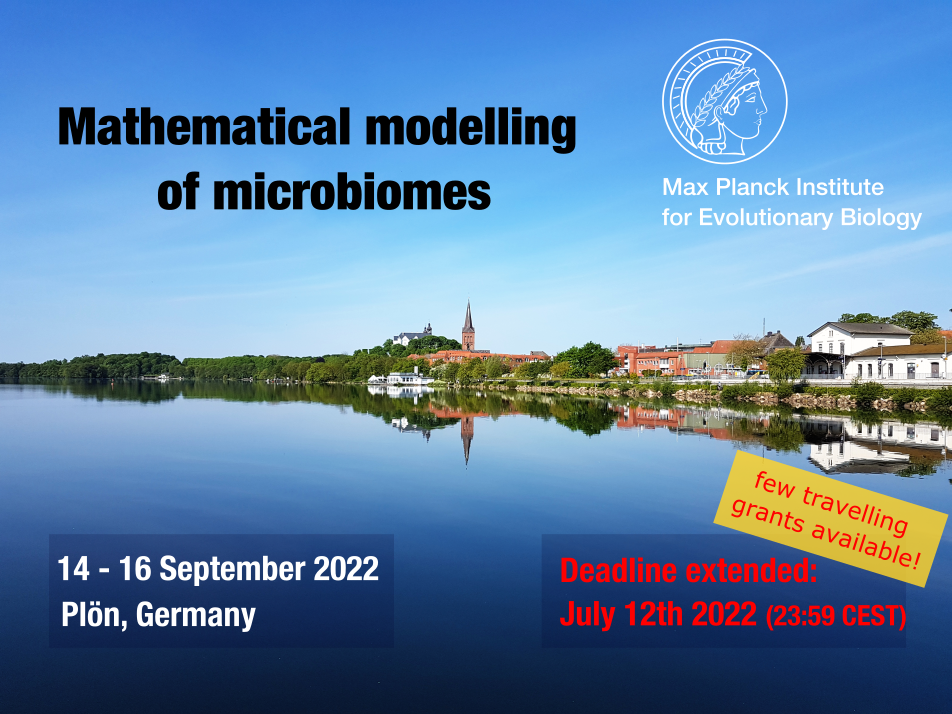Speaker
Description
Bacteria live in highly diverse ecosystems inside the intestines of many organisms. How and at what pace they evolve in that ecosystem is not yet well understood. Here we address these questions using the power of mouse models and the wealth of functional knowledge on a human gut commensal, Escherichia coli. We demonstrate that the colonization success of a new invader E. coli strain depends on the microbiota diversity. We then study the evolutionary changes occurring in the invader strain over 7000 generations and map its adaptive evolution by genomic analysis combined with functional and fitness assays. Our main finding is that following colonization, two modes of evolution occur: one in which diversifying selection leads to the emergence and long-term coexistence of ecotypes and another in which directional selection propels selective sweeps. The directional selection mode is characterised by continuous selective sweeps, while the ecotype formation mode is governed by negative-frequency dependent selection. We identify metabolic functional adaptations as the main drivers of the evolutionary dynamics in both modes, while adaptation to phage integration is specific to the directional selection mode. Our results contribute to a better understanding of bacterial evolution in species rich ecosystems, such as human guts.

